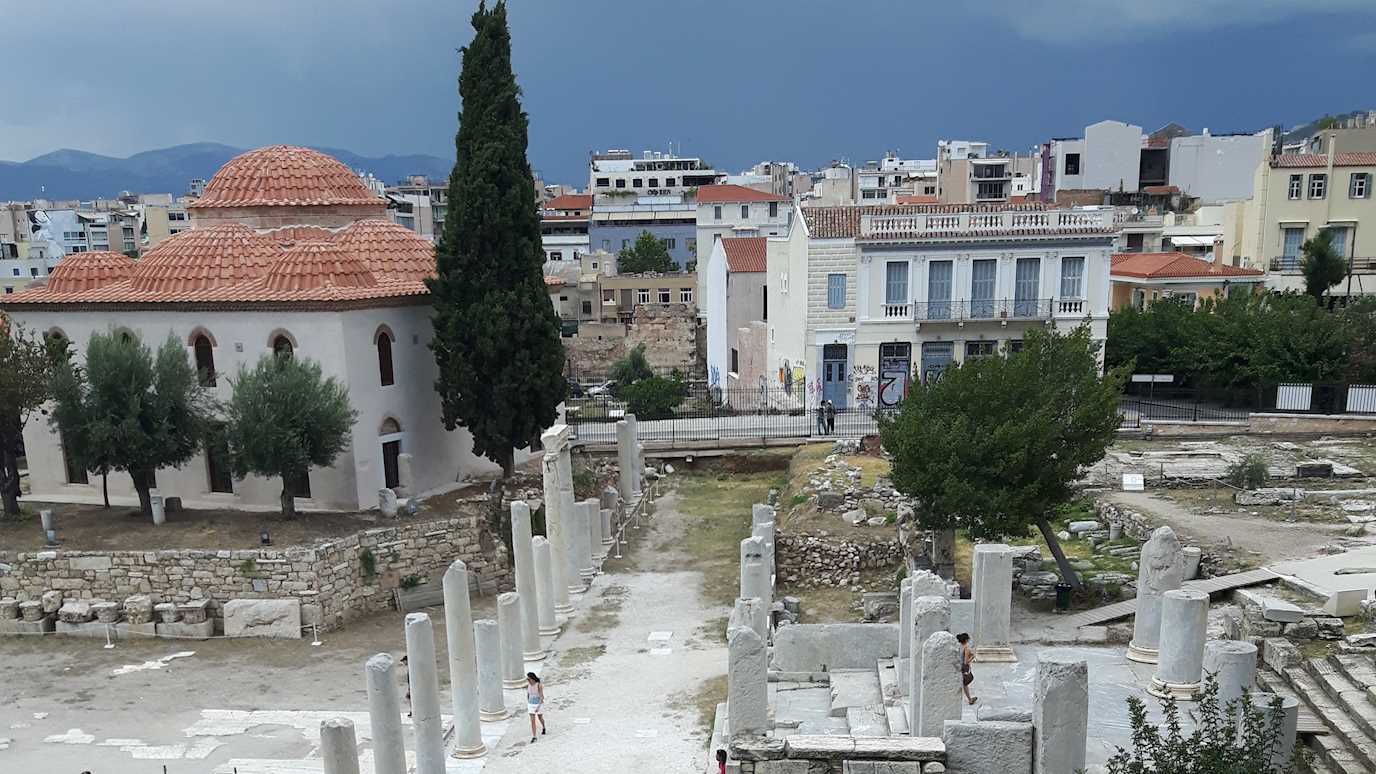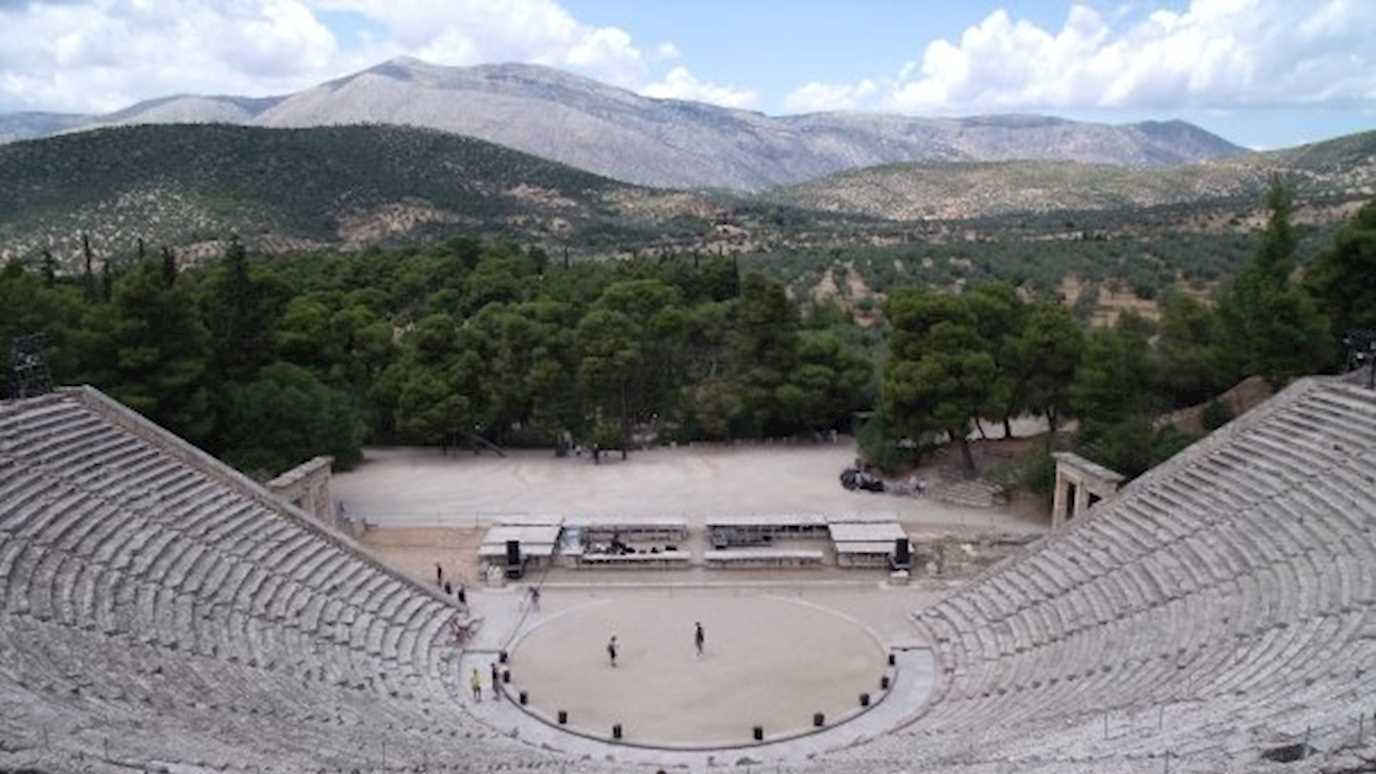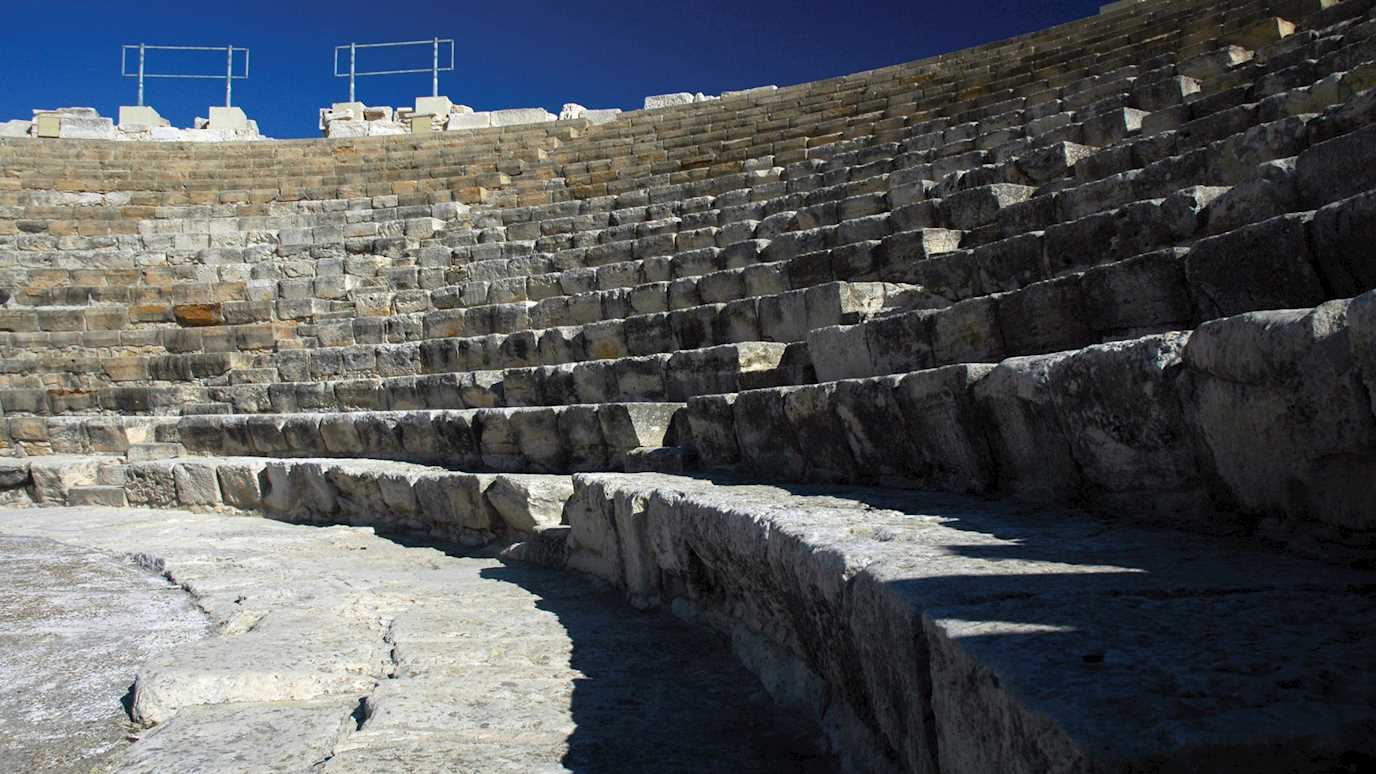Classics research reaches out into the academy and beyond through the research events that we hold. Such collaborations innovate, cross boundaries and explore new ways of thinking. Our research has a cultural impact on lives outside the academy. In our work with museums and with communities, we change attitudes and lives.
We group our Engaged Classics into three main themes: Contemporary Classics, Spaces and Materials of Belonging, The Fantastic.
Events and Activities
We support individual and group-led research, and sponsor and organise seminars, conferences and workshops often with partner organisations. Staff and postgraduates innovate through collaboration. We bring together international and often cross-disciplinary scholarship around significant issues and themes, developing new methodologies and approaches.
Our partner institutions in these endeavours include the Institute of Classical Studies (London), University College London, and King's College London. At Royal Holloway, we have worked in particular with History, English and Modern Languages, Literatures and Cultures, our sister departments in the School of Humanities, and with colleagues from other Schools, including Philosophy and Information Security.
The major initiative from the Centre for Oratory and Rhetoric is a conference and workshop project on on ‘Law, Emotions and Politics in the Nürnberg Trials’. This project is being run with the Centre for Holocaust Studies. It brings together a range of experts in Classical rhetoric and modern history to discuss the trials in Germany after 1945 and in particular how the Classical educations of the various lawyers provided means by which innovative legal practice could develop.
‘Drawing on the Past’ was a major conference and workshop which looked at the Classics in comics. Comics rarely form part of the consideration of Classical reception, in spite of their importance in popular culture.
As part of our long-running research interests in gender history, Classics and History ran a seminar series at the Institute of Classical Studies in ‘Sexuality and Gender from Livia to Theodora’, bringing together a range of historians of gender from the Roman to the early medieval period and covering issues from the biographies of empresses to issues of breastfeeding. That continued a strand of events on gender history at the Institute run by Royal Holloway academics. In 2013, we ran a series on 'Approaches to the Roman Family'.
Gender also figured centrally series in a seminar series on Women Writing the Classics, which was run out of the Centre for Reception of Greece and Rome, mainly by two of our postgraduates. This brought together female authors working in a range of genres, from poetry to children's literature, to talk about their relationship with Classical material and how they engaged with a traditionally patriarchal literature.
‘Tacitus in the Twenty-first Century’ came out of the Centre for Reception of Greece and Rome. Together with Henriette van der Blom of the University of Birmingham we put together an invited workshop of mostly younger scholars to discuss new approaches to Tacitus. These considered issues which included Tacitean political thought, issues of literary composition, and the use of Tacitus by contemporary political extremists.
‘The Poetics of War: Classics and The Great War’ was also an initiative of the Centre for Reception of Greece and Rome. This brought together a large international cast of Classicists, specialists in Classical reception, and scholars of English and modern history. The conference examined the culture of war in the poetics of antiquity, before shifting to Classical reception issues in relation to the Great War and more generally within late nineteenth- and early twentieth-century attitudes to war, masculinity, culture and class. The event was held with UCL Classics Department.
In combination with the Roman Society, we ran a day-conference/public engagement event to commemorate the 2000 anniversary of the death of ‘Germanicus’. Germanicus provided us with a hook from which to discuss issues of sovereign power, the literary nature of leadership, familial relations, and Classics in eighteenth-century art. As a result of the conference, the Roman Society received a major donation to fund the Germanicus scholarship.
Two of our post-graduate students ran a major international conference on 'Paradeigmata: Examples and Precedents Across Time'. This arose from work at the Centre for Oratory and Rhetoric and looked at how orators drew on historical examples in their work.
Alongside several other London-based academic organisations, we helped organised the largest global Classics conference: the Fédération internationale des associations des études classiques and the Classical Association Conference 2019. This drew scholars from across the globe to central London for a huge and wide-ranging academic event.
We are particularly proud of our role within the Women’s Classical Committee (WCC UK), which has served as an important group for raising issues of gender and inequality within the discipline. The WCC UK emerged from a ‘sandpit’ event organised by Efi Spentzou with Genevive Liveley (Bristol) in 2015, which was sponsored by Royal Holloway and the Institute of Classical Studies. After the event Liz Gloyn drew together a number of interested individuals to form the Committee. The group has since become a major force in the Classical world, in no small measure due to the work of Royal Holloway staff (Gloyn, Spentzou, Kamash, Leonard) and a range of PGR students.
To keep up to date with our events and activities, follow us on Twitter or Facebook!
Working with Museums and Cultural Centres
The impact of our research has been enhanced by working with a range of museums and cultural centres to help share more inclusive understandings of the past. Zena Kamash has worked with a range of museums in her project Remembering the Romans to explore issues of diasporic identity, cultural heritage and trauma. Jari Pakkanen has worked with the Museum of Naxos, the Benaki Museum, and the Museum of Finnish Architecture. Richard Alston has spoken at the V&A on India and the Classics. We are also using the web to bring work to a wider audience, for instance, Zena Kamash's Remembering the Romans; Richard Alston’s New Classical Cities.
Cultural Sphere
Much of our impact is the cultural sphere. In 2022, Christos Kremmydas featured on Times Radio to discuss Volodymyr Zelenskyy’s oratorical skills. Liz Gloyn's work on Tracking Classical Monsters led to various speaking engagements, including an appearance on BBC Radio 4's Woman's Hour. Nick Lowe has been for a long time a critic and reviewer of science fiction, and both he and Gloyn have engaged with the science fiction communities. Lowe has also been instrumental in establishing the Historical Fictions Research Network.
Supporting Schools
We have been focusing on supporting schools through a variety of strategies. We have employed web resources to connect with the A level curriculum. Liz Gloyn’s Classically Inclined blog contains resources on Seneca, who is part of the Love and Relationships module of the OCR A-level Classical Studies syllabus. Richard Alston's Roman History: 31 BC - AD 117, effectively an on-line text book, supports A-level and degree level students. The Department gives a range of talks to schools; these and other resources are listed in our Classics Schools and Outreach Hub. Richard Alston also works with Speakers for Schools to reach schools which have traditionally had less access to universities.
Near Eastern Community and Museums
Our other major theme has been working with the Near Eastern community and archaeology and museums. Zena Kamash's project on Remembering the Romans focused on how an engagement with Syrian and Iraqi origin artefacts in UK museums encouraged a sense of belonging in the diaspora communities: this diaspora is but one of many across history. She has also worked on crafting and well-being, again within a museum setting. These projects have developed into a project funded by the British Academy, 'Crafting Heritage for Well Being in Iraq'. It will explore the nexus of crafting, heritage and well-being for survivors of conflict in Iraq, which has one psychiatric hospital for 38 million people. It brings together a team with interdisciplinary expertise in arts, heritage and psychology in the UK and Iraq. A key aim is to create a robust evidence-base for arts and crafts in improving personal and social well-being.

























